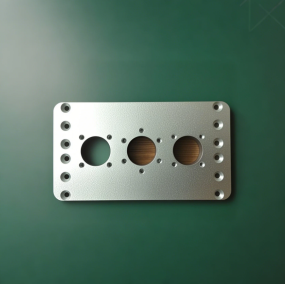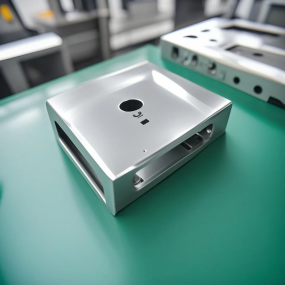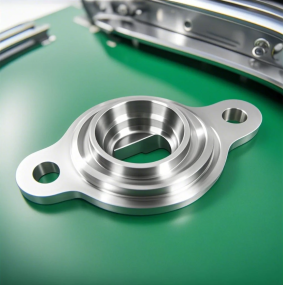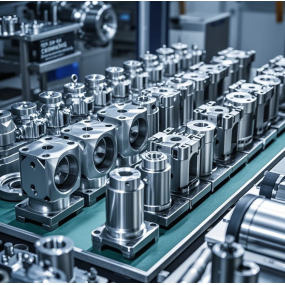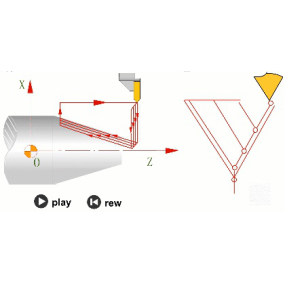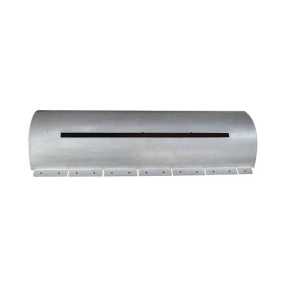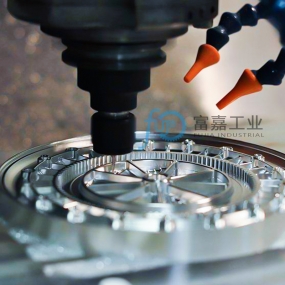The requirements for materials are as follows: Precision metal parts are processed as follows, and not all materials are precision processed. For example, the hardness of some materials is too high, exceeding the hardness of the processed parts, and some special materials are not suitable for precision machining. So, what is the material for precision machining. What are the specific requirements. Firstly, introduce the requirements for material hardness. In some cases, the higher the hardness of the material, the better, but only limited to the hardness requirements of the machined parts. Please do not make the processing materials too hard. If it is harder than machine parts, it cannot be processed.
Secondly, the material has moderate softness and hardness, at least one level lower than the hardness of mechanical parts. Meanwhile, it also depends on the purpose of the processing equipment and the reasonable selection of mechanical components.
In short, precision machining has several requirements for materials. Not all materials are suitable for processing. For example, materials that are too soft and materials that are too hard. The former does not require processing, while the latter cannot be processed.
Therefore, it is essential to pay attention to the density of materials before processing in mechanical parts factories. If the density is too high, the hardness will also be high. If the hardness exceeds that of the mechanical parts (cutting tools), it cannot be processed. Not only will it damage the parts, but there is also a risk of knives flying out and injuring people. Therefore, generally speaking, in mechanical processing, in order to carry out the machining, the material must have a lower hardness than the knife.
For precision parts processing, there are mainly size requirements. For example, there are strict requirements for cylinder diameter, and the positive and negative errors are within the specified range. There are also regulations regarding positive and negative errors. For example, if the diameter of a built-in cylinder (taking a simple basic element as an example) is too large and exceeds the allowable error range, it will result in the inability to insert. If the actual diameter is too small and exceeds the lower limit of the allowable negative error value, it will cause problems of looseness and insertion looseness. These are all unqualified products, or the length of the cylinder is too long or too short, exceeding the allowable error range. All of them are unqualified products.


 Spanish
Spanish Arabic
Arabic French
French Portuguese
Portuguese Belarusian
Belarusian Japanese
Japanese Russian
Russian Malay
Malay Icelandic
Icelandic Bulgarian
Bulgarian Azerbaijani
Azerbaijani Estonian
Estonian Irish
Irish Polish
Polish Persian
Persian Boolean
Boolean Danish
Danish German
German Filipino
Filipino Finnish
Finnish Korean
Korean Dutch
Dutch Galician
Galician Catalan
Catalan Czech
Czech Croatian
Croatian Latin
Latin Latvian
Latvian Romanian
Romanian Maltese
Maltese Macedonian
Macedonian Norwegian
Norwegian Swedish
Swedish Serbian
Serbian Slovak
Slovak Slovenian
Slovenian Swahili
Swahili Thai
Thai Turkish
Turkish Welsh
Welsh Urdu
Urdu Ukrainian
Ukrainian Greek
Greek Hungarian
Hungarian Italian
Italian Yiddish
Yiddish Indonesian
Indonesian Vietnamese
Vietnamese Haitian Creole
Haitian Creole Spanish Basque
Spanish Basque

